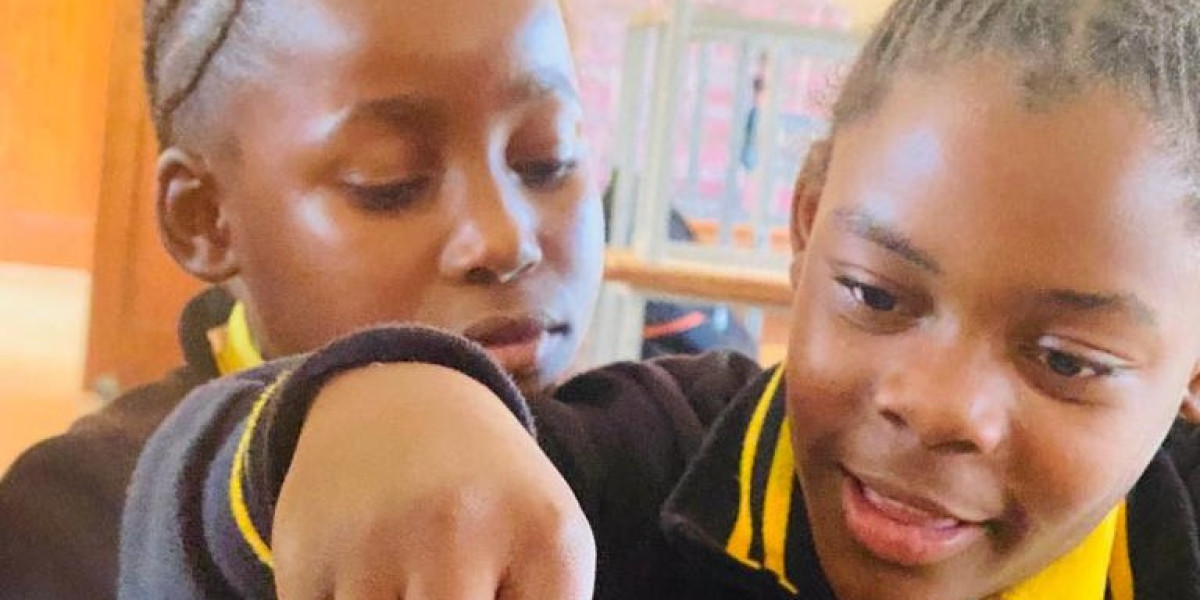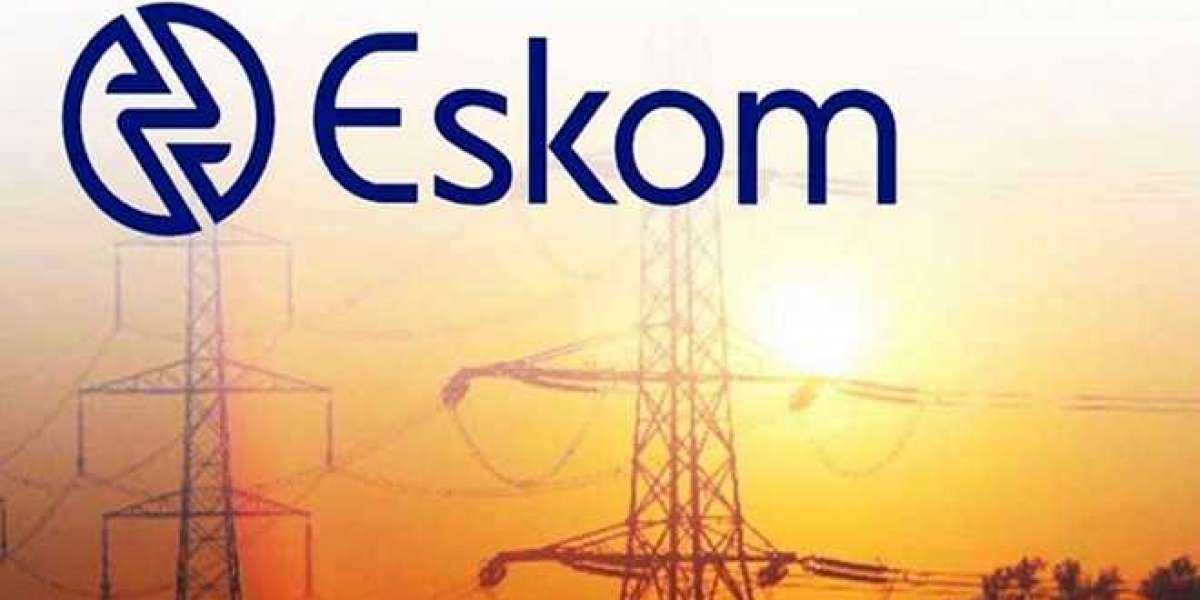Good Work Foundation (GWF), which operates five digital learning campuses in Mpumalanga and one in the Free State, has piloted a model for rural primary schoolchildren that has open learning at its core – a system that expands learning opportunities beyond traditional or “formal” education settings. Every week, thousands of learners from 29 government primary schools in communities on the borders of the Sabi Sand Nature Reserve and the Greater Kruger National Park are transported to GWF’s digital learning campuses.
Here they are exposed to wonder-filled educational activities centring on cultivating the fundamentals of digital, Mathematics, and English literacy skills and then, later on, in four immersive streams with learning activities focused on coding and robotics, conservation, citizenship and creative arts. The children’s excitement is palpable as they sing and dance their way into the campuses each week. They’re always accompanied by their school teachers whom GWF also supports by helping them integrate technology into the classroom environment. These are not run-of-the-mill lessons.
They are interspersed with music, poetry, dancing, yoga and mindfulness activities to keep their youthful spirits high and their minds focused. Says GWF’s Open Learning Academy (OLA) programme manager, Cath Holm, “Coming from a teaching background, I have come to realise the importance of building relationships with learners and making sure they feel emotionally secure on our campuses. “We work very hard to create a love of learning – and, through that joy of discovery, other elements such as literacy and numeracy will naturally follow.” The OLA aims to inspire rural primary school learners from Grades 3 to 7 with relevant learning activities, many of them with a strong digital underpinning to equip them to be active participants in the Fourth Industrial Revolution.
The focus, too, is on nurturing well-rounded future citizens who blend critical thinking with creativity, and collaboration with caring and compassion – for each other, for their communities, and for the natural environment. The GWF facilitators are, however, limited in what they can accomplish as they’re only seeing these eager young minds on campuses for a short period each week, based on time available in their already busy school curriculum. To get even more involved in the education of these learners and potentially even pique their interest in future careers, the academy has expanded its curriculum.
It’s become even more robust, immersive and experiential in nature, with additional afternoon, holiday, and day-long offerings to make even more of an impact in these young lives. “To really ignite a love of learning in these young learners, we’re hoping to scale up to have four immersions for Grades 4 to 7 every year in each of the 29 schools we work with,” says Holm. “For example, our Grade 5’s will be experiencing Coaching Conservation activities delivered in partnership with Wild Entrust, learning about the dangers of rhino poaching and its impact on tourism and the economy, while developing an affinity with wildlife and wild spaces.” Grade 6 learners on GWF’s satellite campuses bordering the Sabi Sand Nature Reserve are treated to Sabi Sand’s School Safari excursions in the park, thanks to GWF’s lodge partners and the Sabi Sand Pfunanani Trust.
“For the Grade 7s’ immersions in conservation, we’d love to incorporate more digital skills – like making use of drones to demonstrate wildlife tracking and surveying,” says Holm. Each of these “immersions” will be an engaging day-long deep dive into the world of conservation, to not only enhance learners’ understanding of wildlife and the natural world, but also stimulate their interest in pursuing careers in conservation, hospitality or tourism. This taps into the need for skilled workers in these sectors that are major economic drivers in rural Mpumalanga. Most of these children who live on the border of the Kruger National Park have never set foot inside the park or seen a lion or elephant in the wild, robbing them of an entire world of wonder and possibility, which the GWF’s “bush immersions” hope to remedy.
Coding and robotics immersions are also under way, with learners using computational thinking to build and instruct Lego robots – including breakdancers! “It’s incredibly fun,” says Holm, “and we’re finding that the teachers are enjoying being part of the immersions as well.” “We’re showing learners different avenues they can follow and encouraging them to express themselves and develop their abilities. Learning is an integrated process and shouldn’t take place in silos, which is why our holistic approach is designed with subject overlaps in mind, where a learner can find their area of interest and then develop that.” While GWF has a number of partners supporting the implementation of these programmes and immersions, more collaborations are always needed – particularly when it comes to educational resources such as Lego and tablets.
Enhancing the OLA’s digital offering will help to bolster the phasing in of the coding and robotics element of the Department of Basic Education’s CAPS curriculum at all public-sector schools. Adds Holm, “The intention of these immersions is to spark learners’ interest and light a fire by showing that learning is fun – and thereby inspire a love of learning. We’re already seeing some learners developing a passion for coding and conservation, and want to cultivate that further.”
To find out more about contributing to Good Work Foundation’s Open Learning Academy and bringing the joy of learning to rural children, email info@goodworkfoundation.org or click here








